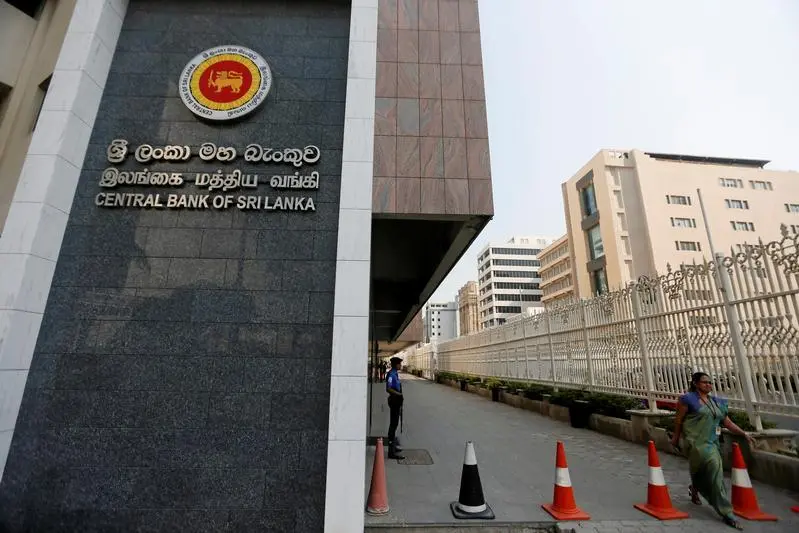PHOTO
COLOMBO - Sri Lanka's top central bank official on Saturday said remittances have declined over the past six months, prompting authorities to examine if the sudden drop in foreign cash inflow was linked to the use of any illegal channels for transactions.
Ajith Nivard Cabraal, the governor of the bank, told reporters that he has seen a $300 million drop in remittances in just the last month and added that officials will work with local banks to ease and fast-track the cash inflows.
Cabraal was referring to informal channels commonly knows as Hawala systems that work outside the normal banking network for international and domestic money transfers.
Cabraal said he does not want the rupee, which has slumped 7% against the dollar this year, to depreciate any further.
Sri Lanka's foreign currency reserves dropped to $2.3 billion at the end of October, with the coronavirus pandemic hitting both tourism and remittances. The country needs about $4.5 billion to service its sovereign bonds in 2022, according to Finance Ministry data.
Earlier this month Cabraal told Reuters that Sri Lanka aims to shore up its shrinking reserves over the next few months from a range of sources including bilateral swaps, government-to-government loans and the securitisation of remittances to bolster investor sentiment and ensure timely debt servicing. However economist say the central bank's moves to encourage migrant workers to remit funds using formal channels is unlikely to fix the country's precarious financial position.
(Writing by Rupam Jain, Editing by Shri Navaratnam) ((Rupam.Jain@thomsonreuters.com; +91 7042133028;))





















